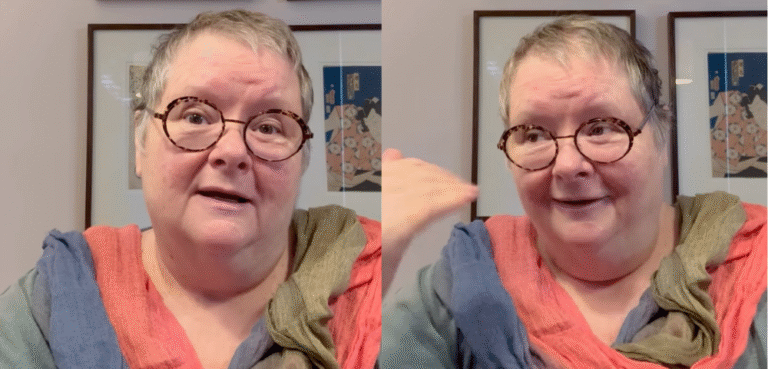
SA Govt forces closure of AIDS Council
The local South Australian LGBTI community, people living with HIV/AIDS and the country’s leading HIV/AIDS organisations have expressed their shock and disappointment after the SA government decided to withdraw funding from the state’s AIDS Council forcing its closure.
Established in 1984 at the height of the AIDS epidemic, the AIDS Council of South Australia (ACSA) was made insolvent on Tuesday, July 30 after the SA government refused to supply a cash injection of $175,000 to the struggling organisation which had been put into administration last month.
Health Minister Jack Snelling has indicated that the $1.2 million of state funding ACSA received will still be used to fund similar services. Only last month, Snelling had backed ACSA with his official support and requested the board initiate the voluntary administration process to ensure further funding. Talking to ABC Local Radio, Snelling said any cash injection would have only guaranteed ACSA’s survival until the end of June next year.
“The Minister was pretty clear that he supported what ACSA was doing and hoped that it could continue,” a spokesperson for Snelling told the Star Observer.
In the last year, members of ACSA had helped form a new board which they believed would help place the organisation on a surer footing. The Star Observer understands members of ACSA were unhappy with the financial accountability of the previous board and its decision to sack former CEO Shane Dinnison in December 2012.
“I feel devastated because the board took this work on to save the AIDS Council [but could not],” ACSA’s interim chairperson Ian Purcell told ABC Local Radio.
Anuthosh Mahamati, who managed the Positive Directions Project at ACSA, told the Star Observer it was a sad day to see the first state in the country to decriminalise homosexuality now without a local AIDS council. She said the announcement had caught many off-guard with little time and no provisions for a smooth transition of clients, their files and related counselling and therapy sessions.
“How will the Melbourne declaration be met to see an 80 per cent reduction of HIV transmissions by 80 per cent?” she said. “Many community groups used ACSA premises for meetings and social occasions, this too will be lost. SA has limited gay press or venues, and ACSA helped bring the community together.”
Rob Lake, executive director of the Australian Federation of AIDS Organisations (AFAO), told the Star Observer it seemed the SA Government was walking away from helping an organisation that had for decades been on the frontline to the HIV response.
“The SA Govt didn’t trash ACSA or anything like that. They just weren’t prepared to put the money up but we think they should have,” Lake said.
“It’s taken 30 years to come up this point, to maintain this momentum. Another organisation that starts tomorrow, how long is it going to take them to get to that? How long will it take for them to be trusted by gay men and listen to their messages?”
Lake said transferring targeted services to mainstream providers was potentially fraught with danger.
“Placing these services in other mainstream providers – no matter how good those services will be – we will be losing a critical mass developed over years,” he said.
The latest Annual Surveillance Report of HIV by the Kirby Institute shows that notifications of new HIV infections in South Australia had increased from 41 cases in 2010 to 67 in 2011. Nationally, over 70 per cent of all new annual HIV notifications across the country in 2011 involved men who have sex with men (MSM). Following the report’s release late last year, both the federal and NSW governments quickly announced they would be further strengthening their respective responses to HIV/AIDS, particularly targeting populations of gay men and other MSM.
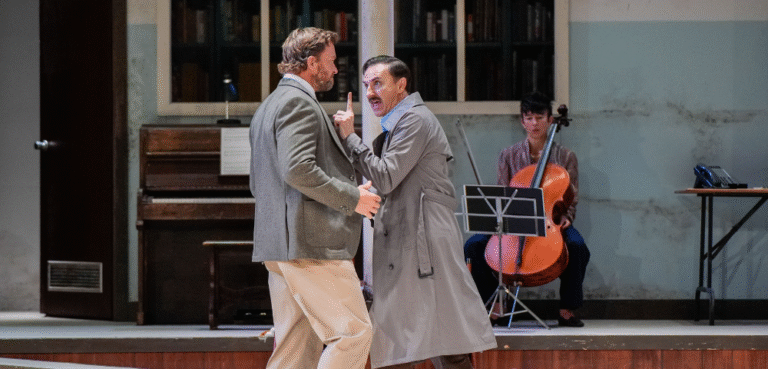
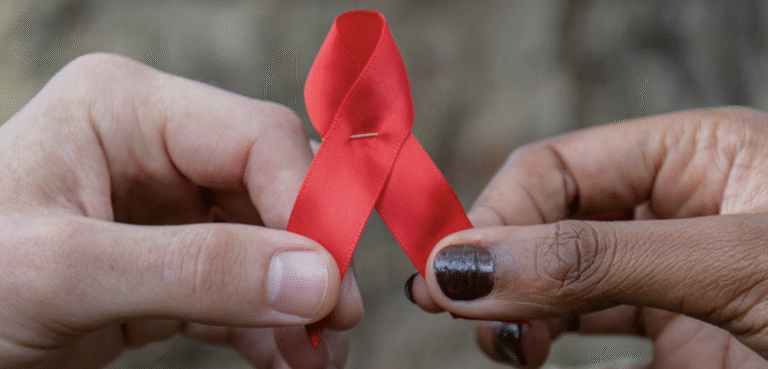

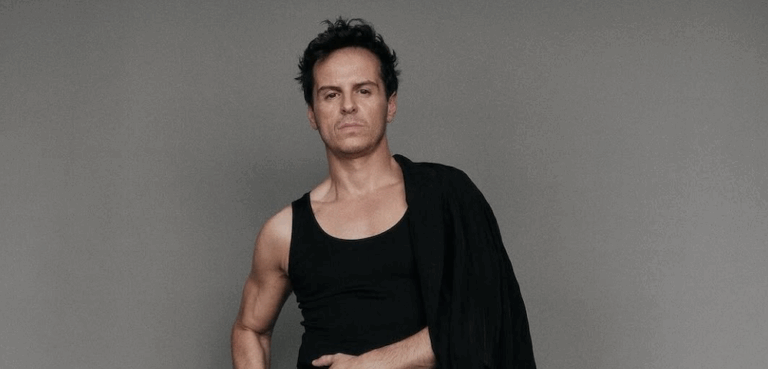

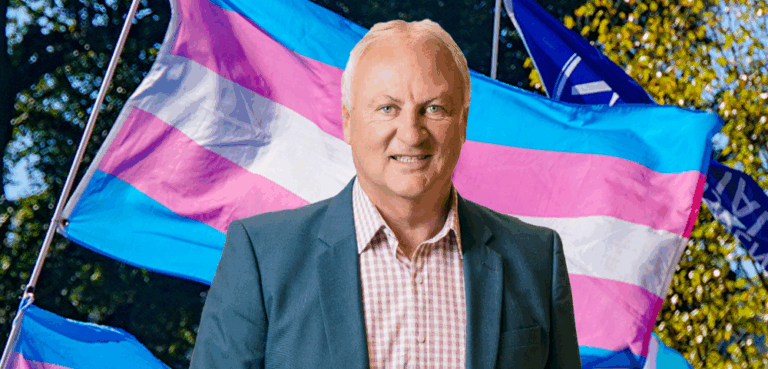
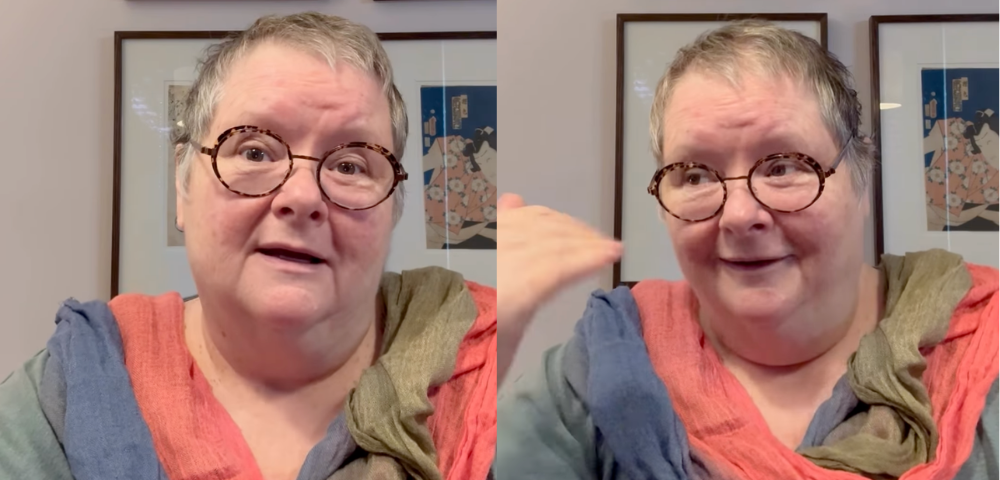
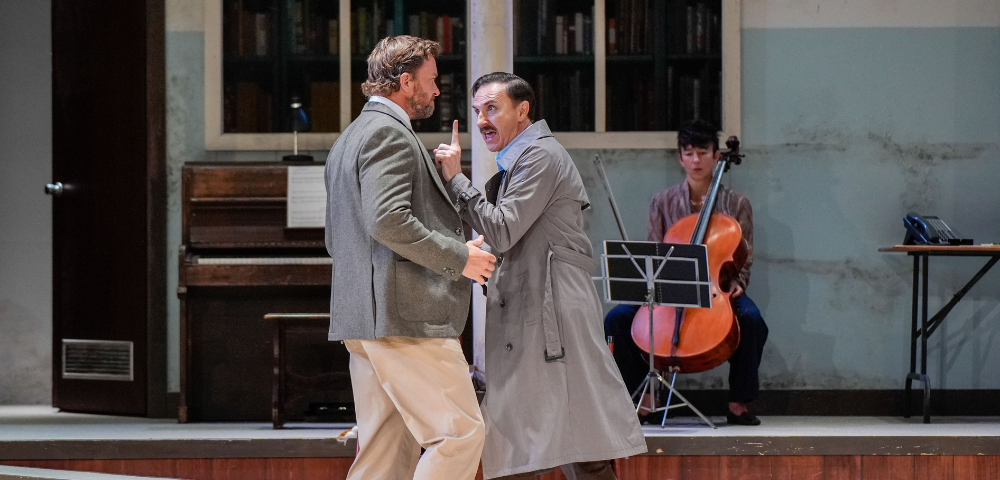
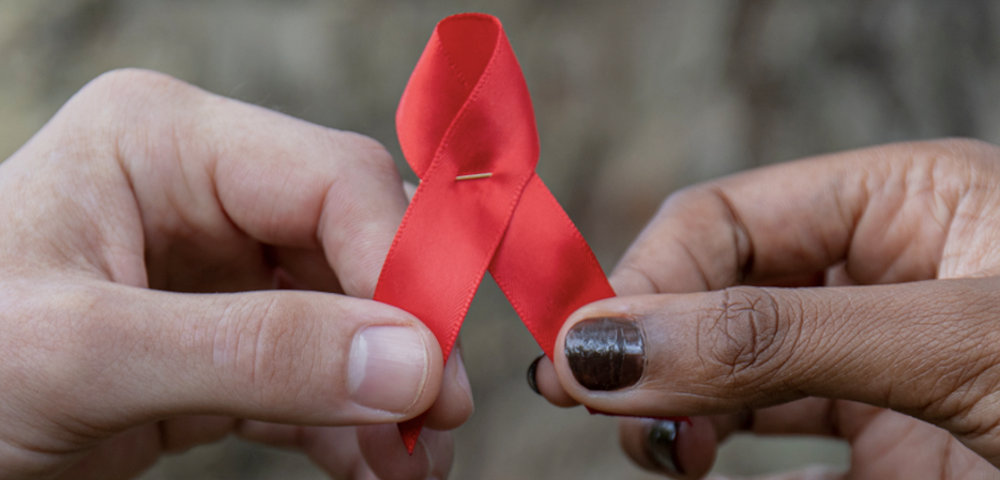

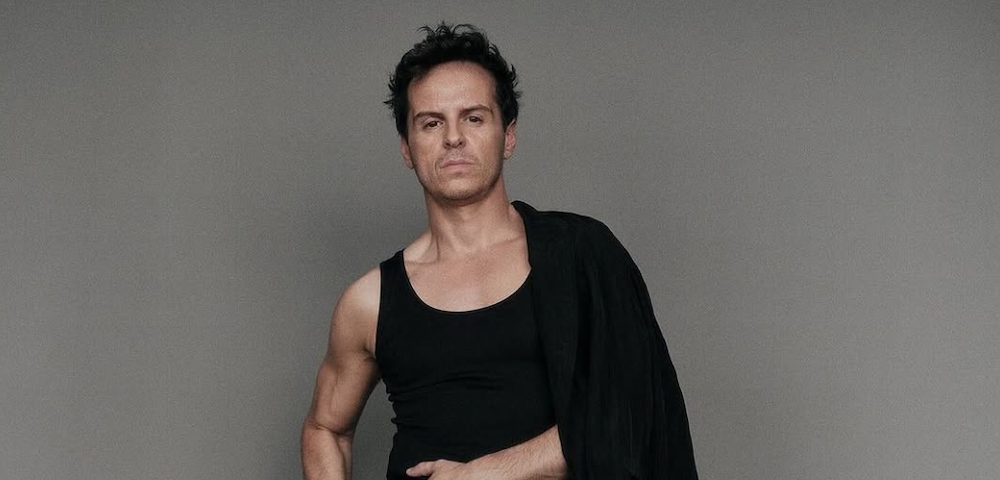
What’s up colleagues, fastidious piece of writing and fastidious
urging commented at this place, I am in fact enjoying
by these.